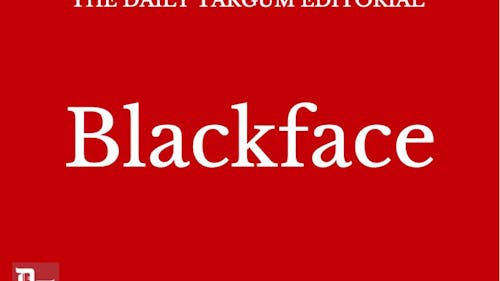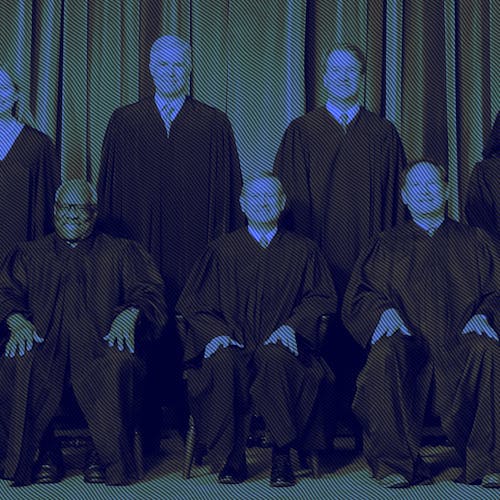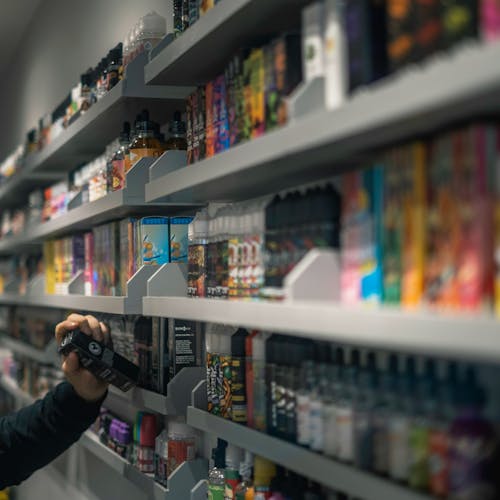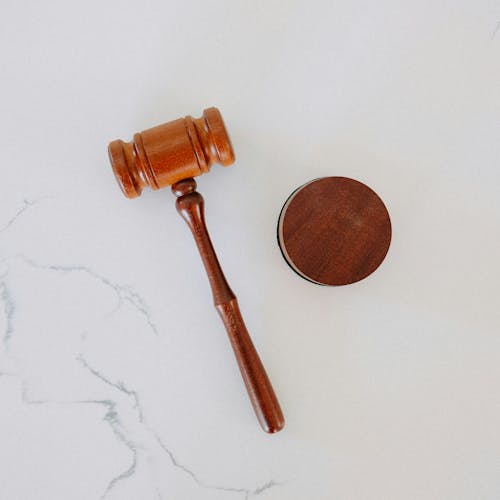EDITORIAL: Blackface perpetuates stereotypes

In the spirit of Halloween, it is due time to start getting excited about costumes — or at least the costumes that do not make you into a walking symbol of racism.
NBC talk show host Megyn Kelly received a good deal of backlash Tuesday after making some rather ignorant comments regarding the nature of blackface. Sitting with a panel of all white guests, Kelly questioned what the big deal about a white person dressing up as a Black person is.
"But what is racist? Because you do get in trouble if you are a white person who puts on blackface on Halloween, or a black person who puts on whiteface for Halloween. Back when I was a kid that was OK, as long as you were dressing up as, like, a character,” Kelly said.
It is safe to say that times have changed since Megyn Kelly was a kid. Nowadays, the reasons one does not dress up in blackface on Halloween — or ever — are rather obvious and should be widespread knowledge. At its foundation, blackface is wrong because of its blatant historical racist and stereotypical undertones.
The issue is a fundamentally historic one. Blackface began in the 1830s with minstrelsy, which was meant to be a comedic performance where white people dressed up exaggeratedly as Black people, their perceived subordinates at the time. “Jim Crow” is one of the more well-known of blackface characters, made popular by Thomas Dartmouth Rice, a man people consider to be the father of minstrelsy. If you could not guess, that character is also where the name for the Jim Crow segregation laws came from. Minstrel actors would cover their faces in dark oil and paint their lips to look larger than they really were, embodying over-the-top stereotypes that distorted the truth about Black American culture and behavior. These performances purposely perpetuated such stereotypes about Black people, making them out to be ignorant, hypersexual and lazy as a way for disaffected whites to establish more fully the perceived differences between them and their counterparts.
So when a non-Black person dresses up in blackface in this day and age, they are also in an important sense either consciously or subconsciously perpetuating the aforementioned stereotypes. Being that people are continually working to make our country a more fair place, free from oppression and systemic inequalities, the stereotypes that blackface keeps alive truly have no place in contemporary American society.
Needless to say, the United States has a shameful history of oppressing Black people — the ripple effects of which are still clearly present. To this day, race, class and power remain deeply intertwined in this country. A Halloween costume is, when it comes down to it, meant to be a fun way to express oneself. But turning a culture that does not belong to you, especially one that your own race has historically marginalized and sought to maintain power over, is not much different than making a joke — a very weak and insensitive one — about those historical evils. So this year, think twice about borrowing a costume idea from a culture you do not belong to.
The Daily Targum's editorials represent the views of the majority of the 150th editorial board. Columns, cartoons and letters do not necessarily reflect the views of the Targum Publishing Company or its staff.



